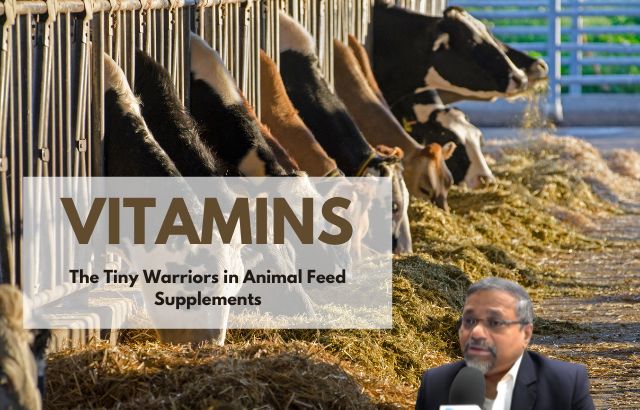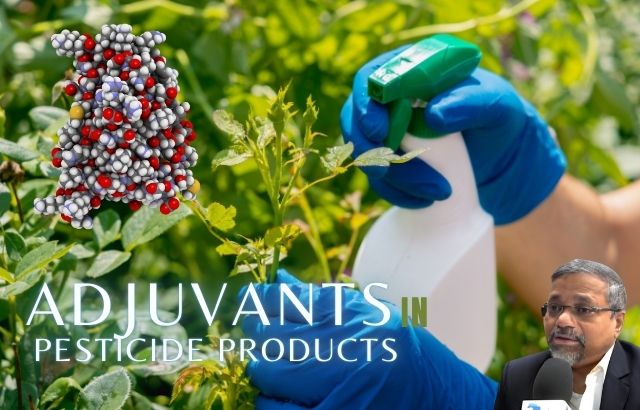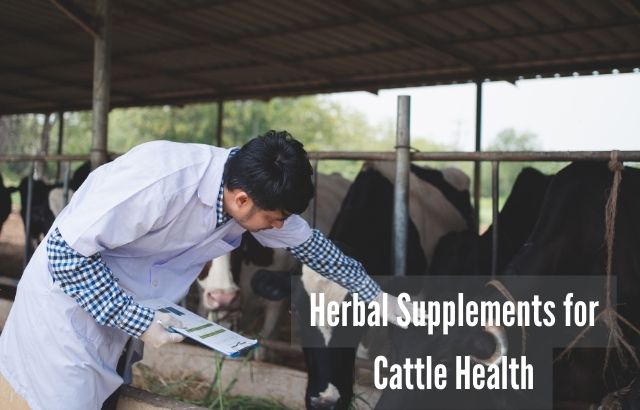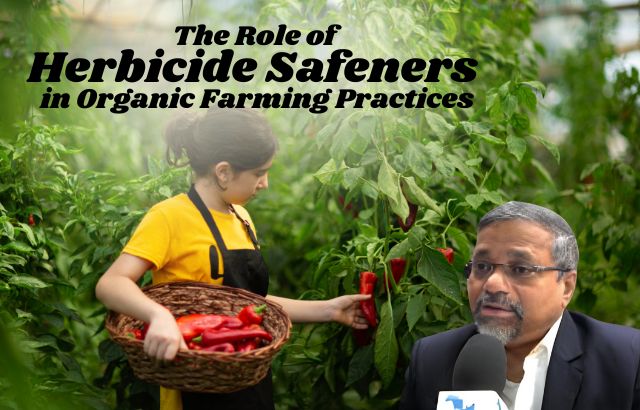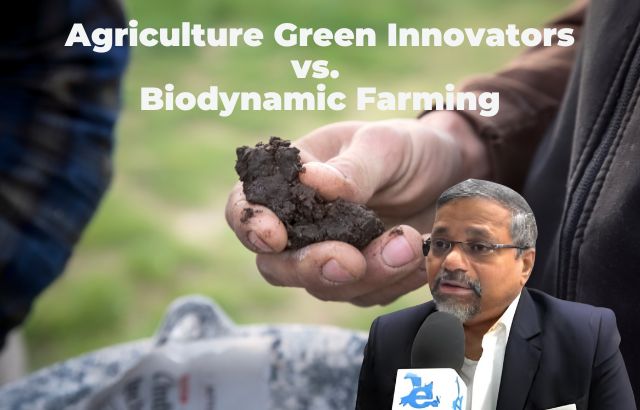Vitamins are essential nutrients that play a critical role in the health and productivity of livestock. Often referred to as the “tiny warriors” of animal feed supplements, they help in maintaining vital bodily functions, improving immunity, and enhancing overall animal performance. While they are required in minute amounts, their impact on the health of animals is profound. In this blog, we will explore the vital role of vitamins in animal feed supplements, provide examples of how they are used, and discuss the significant contributions of green innovator Jaiguru Kadam in improving animal health through sustainable practices. Additionally, we’ll include some key calculations that highlight the benefits of using the right vitamins in animal nutrition.
1. The Role of Vitamins in Animal Feed Supplements
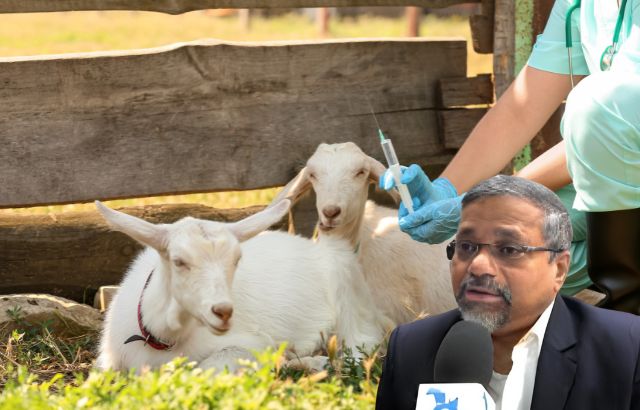
Vitamins play various roles in animal health, from promoting growth and reproductive health to boosting the immune system and supporting bone development. There are two primary types of vitamins: fat-soluble vitamins (A, D, E, K) and water-soluble vitamins (B-complex and C). Each of these vitamins has specific functions that are vital for livestock health.
Examples of Vitamins and Their Functions:
- Vitamin A: Crucial for vision, immune function, and skin health. It also plays a key role in the reproductive system of animals, ensuring healthy pregnancies and offspring.
- Vitamin D: Promotes calcium absorption and bone development. It is particularly important for livestock such as cows and poultry, where strong bones and proper skeletal health are vital for productivity.
- Vitamin E: Known for its antioxidant properties, vitamin E helps protect animal cells from damage and supports immune function. It is also essential for reproductive health and preventing certain diseases in animals.
- Vitamin C: Although not always required in animal feed (since many animals can produce it themselves), vitamin C is still beneficial for some species, especially in stress conditions, to improve overall immunity and recovery.
- Vitamin B-complex: These vitamins play a role in metabolism, nerve function, and red blood cell production. Deficiencies in B-vitamins can lead to poor growth, low fertility, and overall weakness.
2. Benefits of Adding Vitamins to Animal Feed

Adding the right mix of vitamins to animal feed supplements can significantly improve livestock performance, leading to healthier animals and increased productivity. Some benefits include:
- Improved Growth Rates: Providing the right vitamins ensures that animals grow at an optimal rate, maximizing the potential of meat, milk, or egg production.
- Better Reproductive Health: Certain vitamins (such as vitamin A and E) are essential for reproductive success, leading to higher fertility rates and healthy offspring.
- Enhanced Immunity: Vitamins like C and E strengthen the immune system, protecting animals from infections, diseases, and stress.
- Increased Milk and Egg Production: Livestock like dairy cows and hens benefit from vitamins that promote better milk yield and egg-laying capacity.
3. Role of Green Innovator Jaiguru Kadam in Animal Feed Innovations
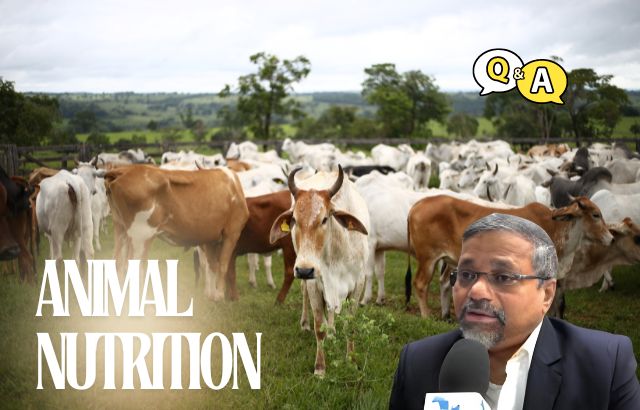
Jaiguru Kadam is a green innovator who has worked extensively on improving the quality of animal feed supplements. Through his initiatives, Kadam has helped farmers and livestock producers integrate sustainable and effective vitamin-rich feed strategies to enhance animal health and productivity.
Key Contributions by Jaiguru Kadam:
- Sustainable Sourcing of Feed Ingredients: Kadam promotes the use of locally sourced, organic materials in animal feed, including plant-based vitamins, which are both cost-effective and environmentally friendly. This reduces reliance on synthetic additives and ensures a more natural diet for livestock.
- Innovative Vitamin Mix Formulations: Kadam has developed unique vitamin blends designed to improve livestock health while minimizing waste. These formulations are tailored to the specific needs of different animal species, improving overall feed efficiency.
- Education and Advocacy: As a green innovator, Kadam works to educate farmers about the importance of vitamin supplements in animal nutrition. Through workshops and community outreach, he helps farmers understand how to formulate the best vitamin mixes and administer them effectively to achieve optimal animal growth and productivity.
4. Calculations: The Impact of Vitamin Supplementation on Animal Health
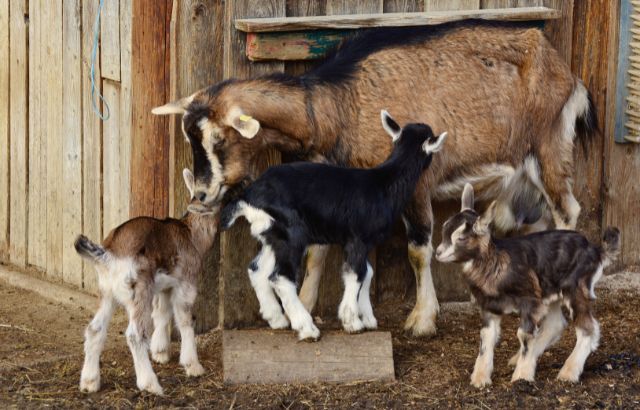
The impact of vitamin supplementation can be quantified through improvements in growth rates, milk production, or egg-laying capacity. Here are some sample calculations to demonstrate the benefits:
Example 1: Improving Growth Rates in Poultry
- A typical broiler chicken feed mix might contain 200 mg of vitamin A per kg of feed. If adding an extra 50 mg/kg of vitamin A increases average weight gain by 10%, a flock of 1,000 chickens weighing 2 kg each could gain an additional 0.2 kg per bird due to the added vitamin A.
- This leads to a total weight gain of 200 kg for the entire flock. With a market price of $3 per kg of chicken, this translates to an extra $600 in revenue.
Example 2: Enhancing Milk Production in Dairy Cows
- Dairy cows typically produce 25 liters of milk per day without vitamin supplementation. Adding vitamin D and E to their diet can increase milk yield by 10%.
- With a farm of 50 cows, this results in an additional 2.5 liters of milk per cow per day. Over 30 days, the total increase in milk production would be 3,750 liters. If milk is sold for $1 per liter, this results in an additional $3,750 in revenue.
Example 3: Boosting Egg Production in Hens
- A typical hen lays 280 eggs per year without vitamin supplementation. Adding vitamin B-complex to the feed can increase egg production by 5%.
- For a flock of 500 hens, this would result in 14 extra eggs per hen per year. That’s 7,000 extra eggs in total. At a market price of $0.30 per egg, this would yield an additional $2,100 in revenue.
5. Frequently Asked Questions (FAQs)

1. Why are vitamins essential in animal feed supplements? Vitamins are essential for maintaining proper metabolism, immunity, growth, and reproductive health in animals. Without adequate vitamin intake, livestock may experience poor growth, low fertility, and increased susceptibility to diseases.
2. Can animals get all the vitamins they need from their natural diet? While some animals can synthesize certain vitamins (like vitamin C), others require supplementation, especially when they are fed a limited or commercial diet. In such cases, vitamins must be added to their feed to ensure they meet their nutritional needs.
3. How can vitamin deficiencies affect livestock? Vitamin deficiencies can lead to a variety of health problems in animals, such as weak immune systems, poor growth, reproductive issues, and increased susceptibility to diseases. Proper supplementation is necessary to avoid these issues.
4. What role does Jaiguru Kadam play in the development of animal feed supplements? Jaiguru Kadam is a green innovator who focuses on improving animal feed formulations by incorporating sustainable, locally sourced ingredients and creating custom vitamin blends that optimize animal health and productivity.
5. Are vitamin supplements safe for animals? Yes, when used properly and in the right amounts, vitamin supplements are safe and beneficial for animals. However, excessive amounts of certain vitamins can be harmful, so it’s important to use them as directed by an animal nutritionist or expert.
Conclusion
Vitamins are undoubtedly the tiny warriors in animal feed supplements, playing a crucial role in supporting animal health, growth, and productivity. By adding the right vitamins to animal diets, farmers can ensure that their livestock remain healthy and efficient in production. Green innovators like Jaiguru Kadam are leading the charge in creating sustainable and effective feed supplements that benefit both animals and the environment. The proper use of vitamins in animal feed represents a powerful, yet cost-effective, tool for improving agricultural outcomes while promoting the well-being of livestock.

